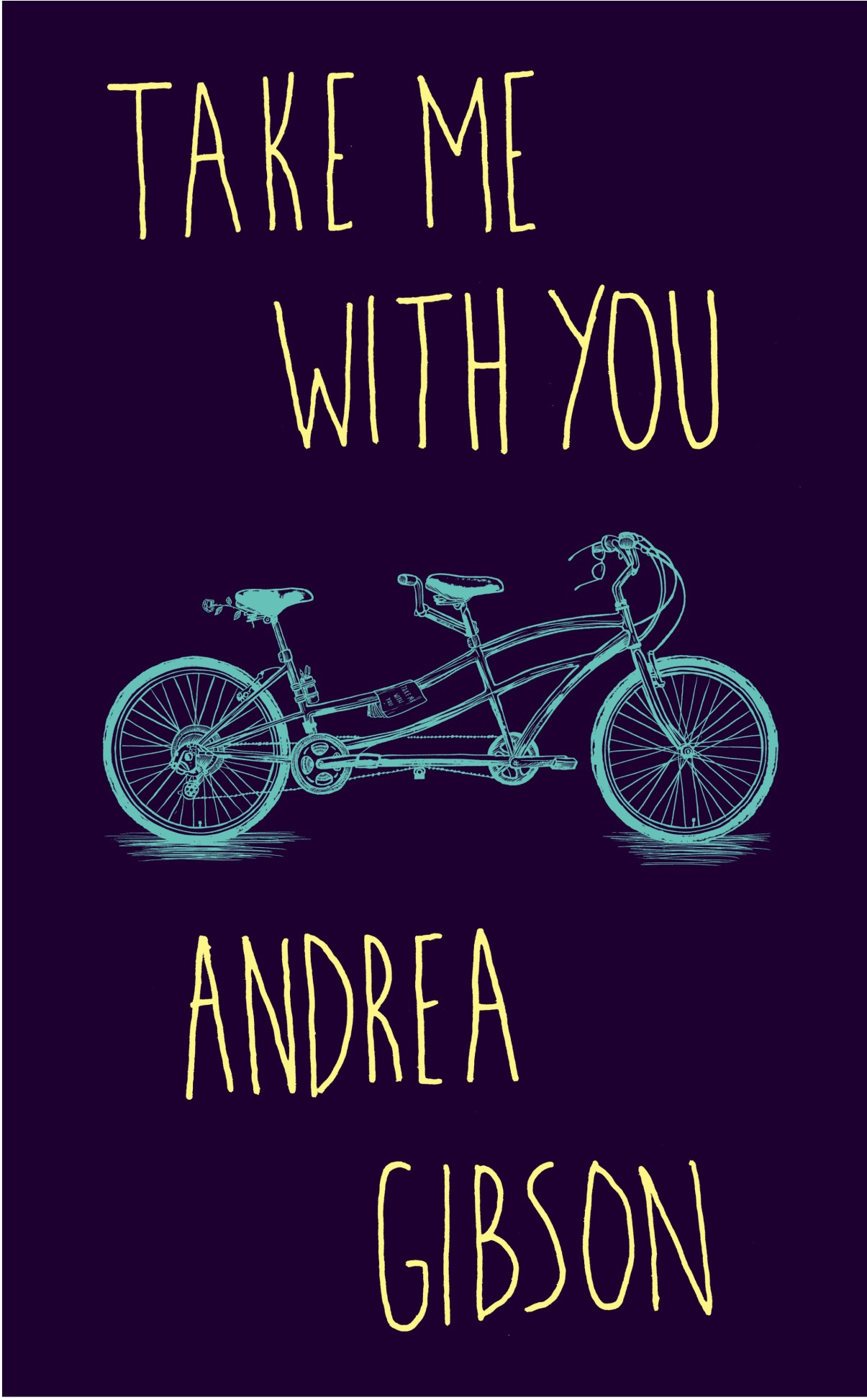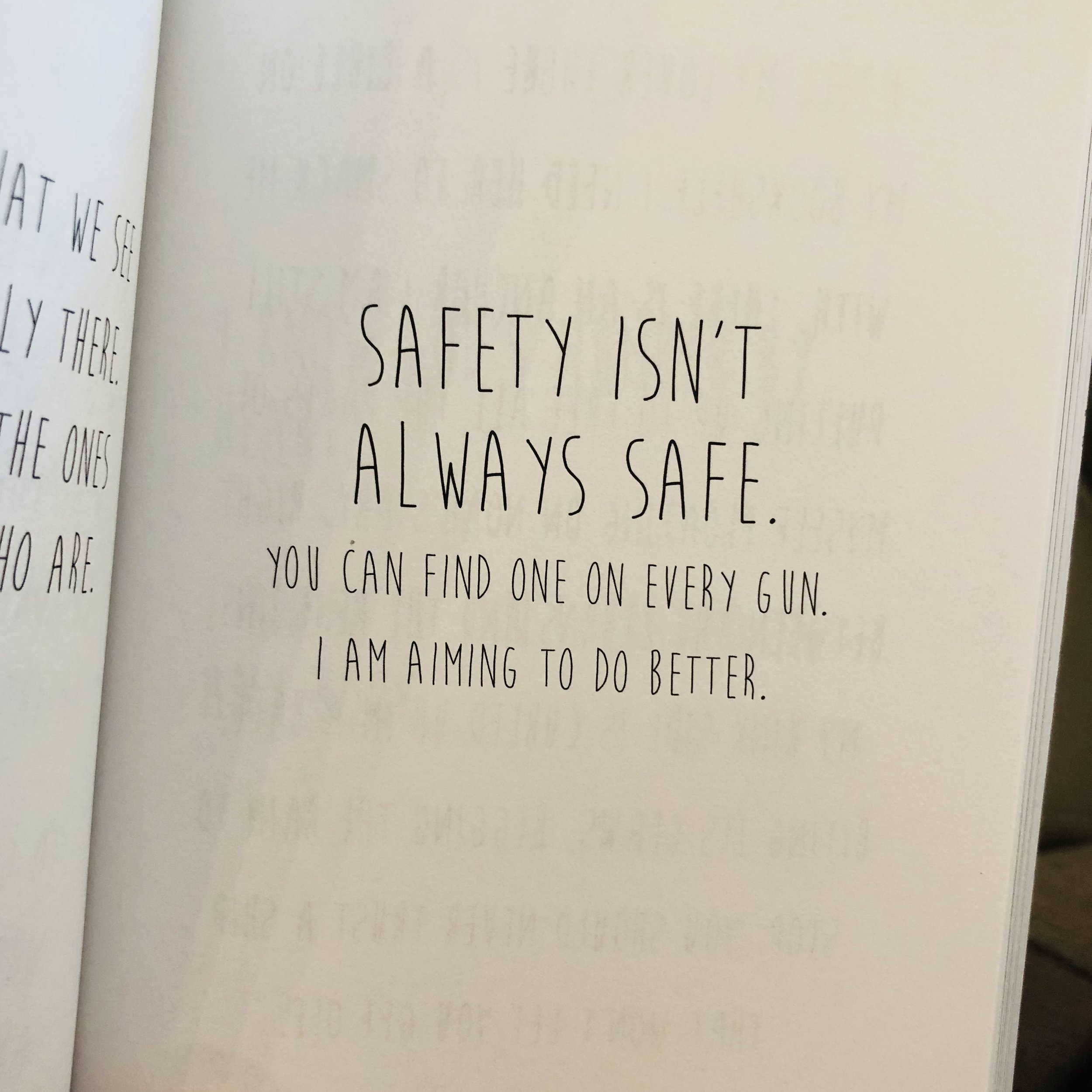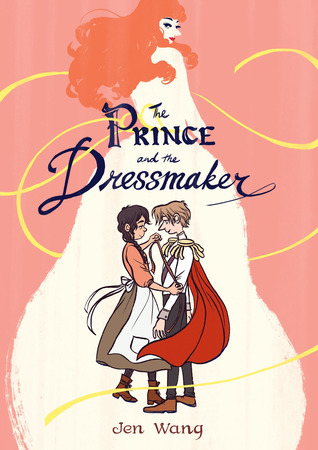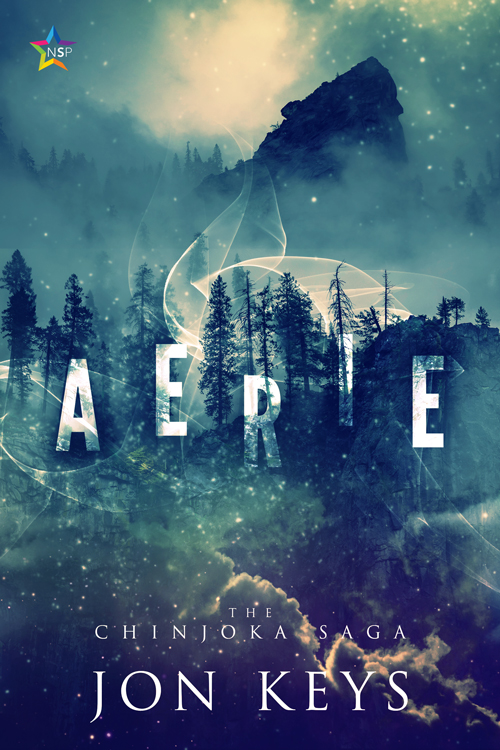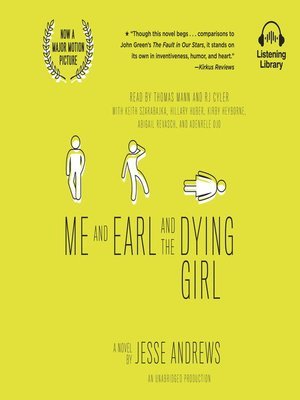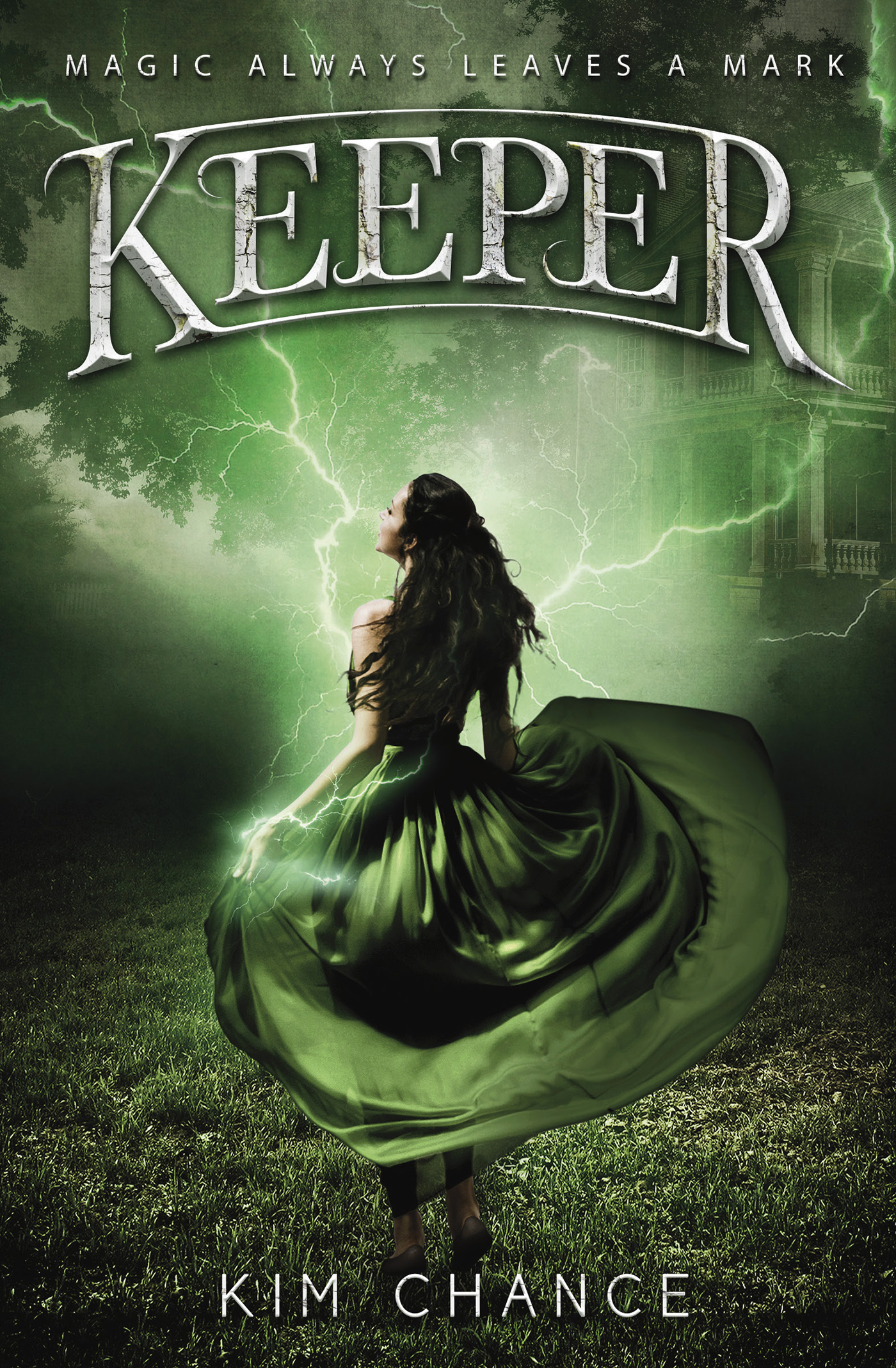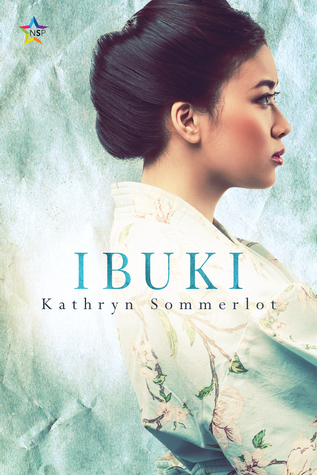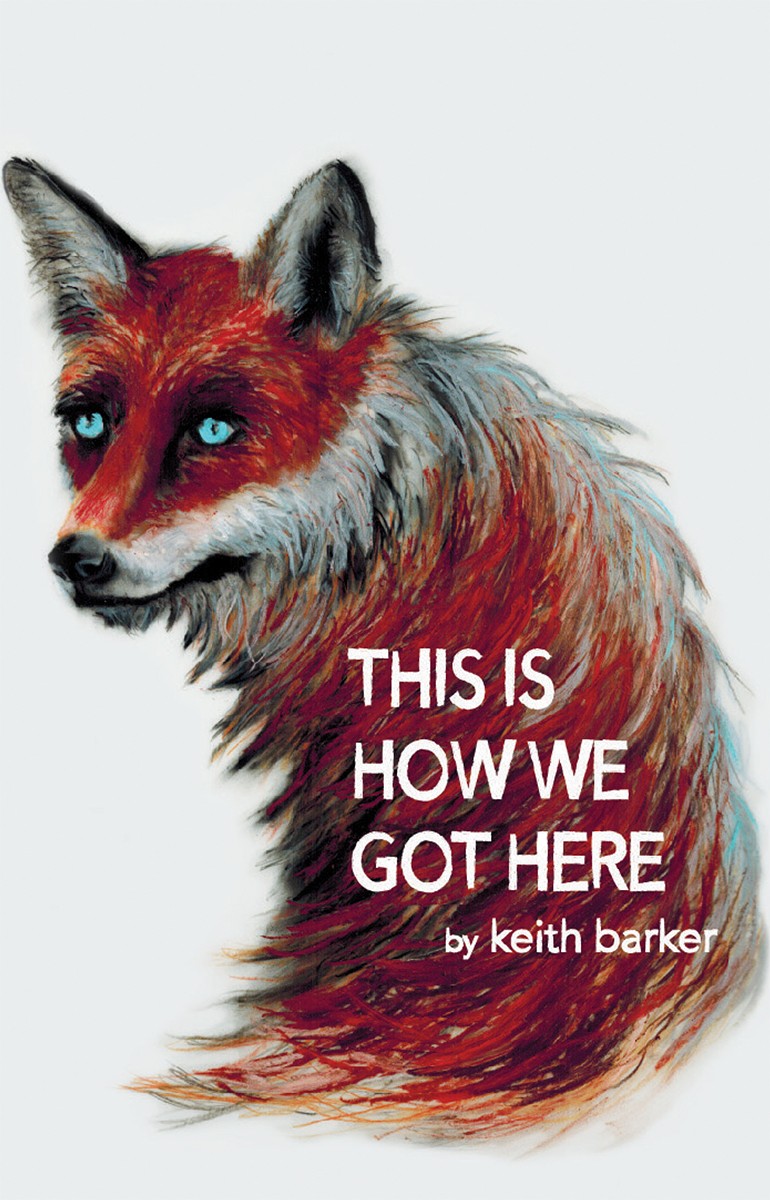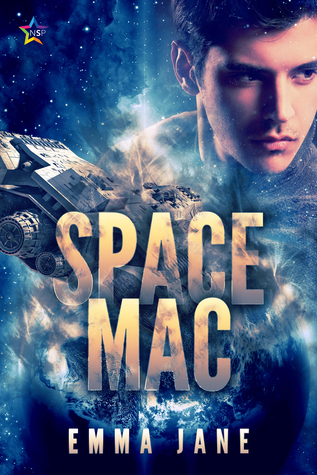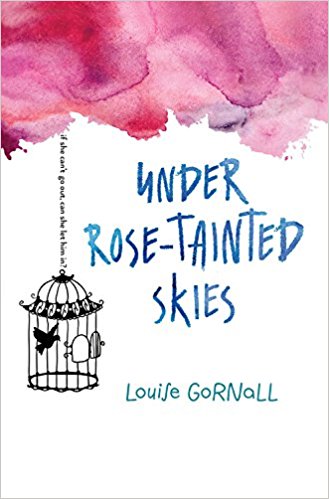Book review: The Wicker King by K. Ancrum
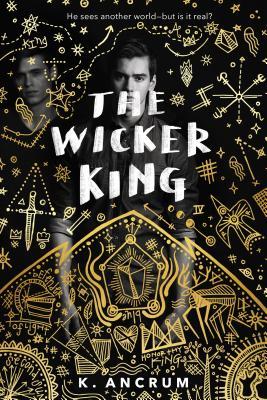
I came across The Wicker King on Indigo website. I think it was among the new teen releases or something similar. I knew it was tagged as LGBTQ+ on GoodReads, and that is more than enough for me.
I got this book from the library, and I kept it on my shelf for awhile before I picked it up.
And oh my god.
Summary
The Wicker King is a psychological young adult thriller that follows two friends struggling as one spirals into madness.
When August learns that his best friend, Jack, shows signs of degenerative hallucinatory disorder, he is determined to help Jack cope. Jack’s vivid and long-term visions take the form of an elaborate fantasy world layered over our own—a world ruled by the Wicker King. As Jack leads them on a quest to fulfill a dark prophecy in this alternate world, even August begins to question what is real or not.
August and Jack struggle to keep afloat as they teeter between fantasy and their own emotions. In the end, each must choose his own truth.
Review
I read The Wicker King in less than two days. I would have finished it in one go, if I had time. I picked it up because I was not feeling like reading anything and The Wicker King had such an appealing cover. Besides, I knew nobody else who read this book, and I was very intrigued.
Ten pages in, I was so hooked that I couldn’t put the book down.
The Wicker King is a hard book to describe as it should be approached more like an experience than the story. It is about two best friends, friendships and loves, relationships, and other worlds. It is a lot about trust, and faith, and abandonment.
The chapters in The Wicker King are short. Sometimes just a couple of pages. Sometimes - a paragraph. As the story progresses, the edges of the book get darker and darker - a visual representation of the darkness that is slowly swallowing August and Jack.
The synopsis calls The Wicker King a thriller, which is true in the sense that it does create the atmosphere of suspense and tension. However, I would call the novel a mix of contemporary and magical realism. The things that Jack sees and the things that both characters experience at times feel more real than the real world itself. I loved the writing and the characters in the book. You need to pay attention to chapter titles and the small bits here and there, that make the story so compelling, and a bit weird (but in a good way).
At times poetic and symbolic, at times outright scary - The Wicker King is a vortex that pulls readers into its depths, spinning heads and breaking hearts. I cried halfway into the book. I cried at the end. I cried because it was over and I was not ready to let August and Jack go.
I read the library book and then went and purchased my own copy. The Wicker King is undoubtedly going to be my favourite read of 2018.
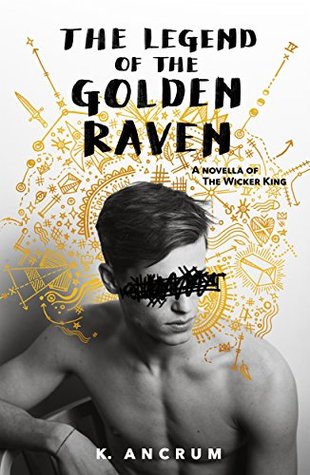
There is a novella set in the same world. It is titled The Legend of the Golden Raven, and it is free on Kindle. You have to read it after reading The Wicker King though, as it won’t make much sense otherwise, and you will get so much more emotions if you read the novella afterwards. I gave the novella the same rating as The Wicker King.
I refuse to believe that this is the only book and there is no sequel.
Kayla Ancrum has instantly become my auto-buy author. Her next novel, The Weight of the Stars, is coming out in March 2019 (although initially it was listed as October 2018).
I can not wait to see what this author comes up with next.
Rating: 5 stars
More of my book reviews
Links:

